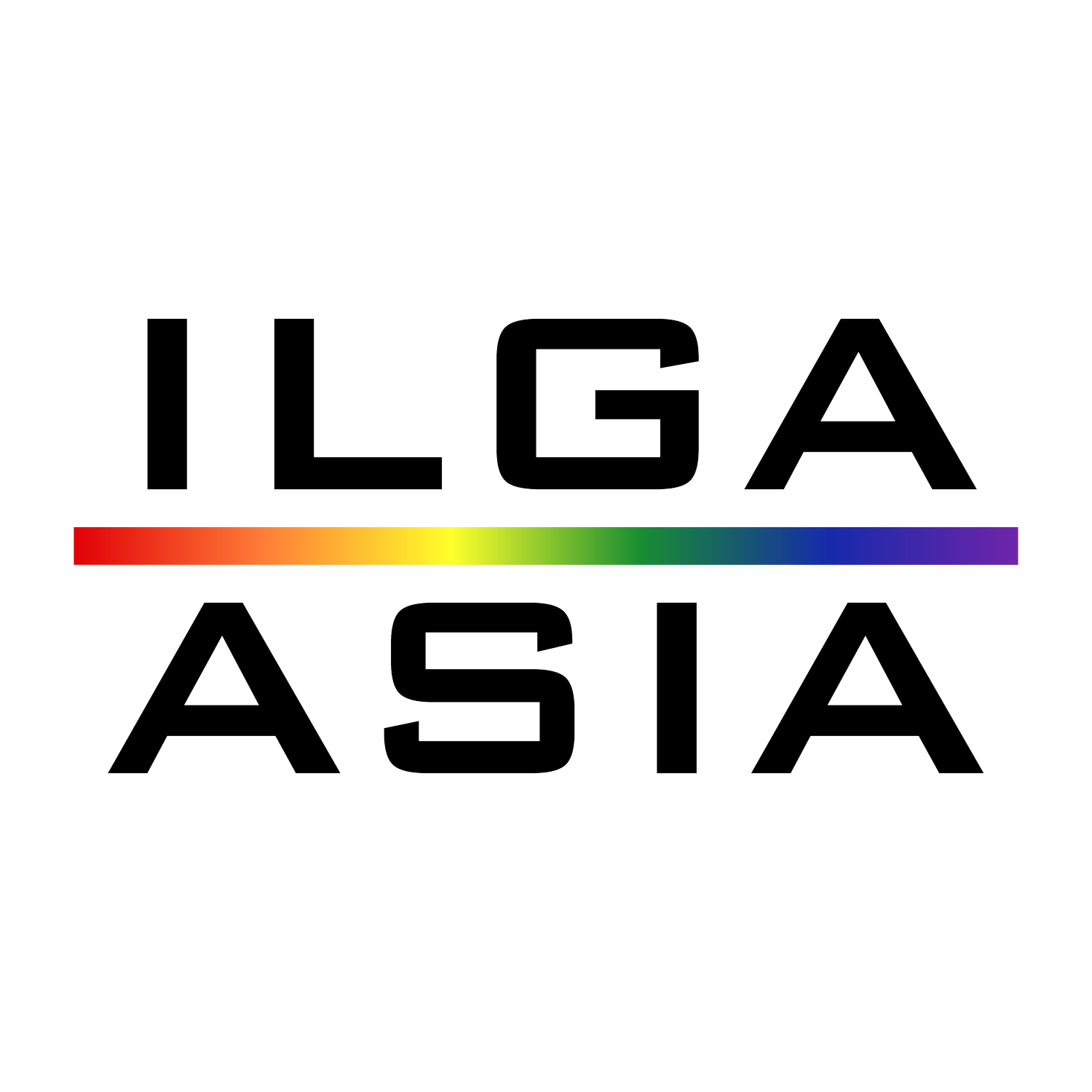On 18 July 2024, the Supreme Court of South Korea ruled that the National Health Insurance Service (NHIS) should extend state benefits to same-sex partners. South Korea recognizes the dependent status under the NHIS for all heterosexual couples, including unmarried ones. The Supreme Court held that denying the same benefits to same-sex couples constituted discrimination based on sexual orientation.
So Sung-uk and Kim Yong-min, a same-sex couple who have been cohabiting since 2017 and conducted a wedding ceremony in 2019, sought dependent status under South Korea's national health insurance in February 2020. Although initially approved, this status was abruptly revoked following media coverage in October 2020. This revocation led to the imposition of a new premium and the reclassification of So Sung-uk to a non-employer scheme. In response, So Sung-uk filed a lawsuit against the National Health Insurance Service (NHIS) in February 2021. After the Seoul Administrative Court dismissed the case in January 2022 on grounds that there was no legal recognition of same-sex partnerships. The Seoul High Court reversed this decision in February 2023, ruling in favor of the plaintiff and recognizing the discriminatory nature of the differential treatment based on sexual orientation. The NHIS appealed this ruling to the Supreme Court in March 2023.
ILGA World and ILGA Asia jointly filed an amicus curiae brief before the Supreme Court, urging the Court to ensure that same-sex partners are able to access state benefits on equal footing. The Supreme Court upheld the decision made by the Seoul High Court and ruled that despite there being no clauses in the national health insurance act specific to same-sex unions, NHIS’ refusal to provide dependent status to same-sex couples was an act of discrimination against the constitutional principle of equality. The Court also emphasized that the dependent system must adapt to diverse family structures and living situations and recognition of same-sex partners as dependents is not in contradiction to traditional marriage or family systems.
“It is a historic milestone for South Korea, affirming that discrimination based on sexual orientation has no place in our society and recognizing the inherent dignity and equality of same-sex partnerships. This landmark decision, ensuring equal access to social security and healthcare for all citizens, is a testament to the relentless efforts and dedication of everyone involved in this journey and advocacy. Such a ruling sets a powerful precedent for the region, strengthening the global movement for LGBTIQ rights. It signals a collective commitment to justice and equity, encouraging other countries to follow suit in upholding the principles of non-discrimination and equal treatment.” Henry Koh, Executive Director at ILGA Asia stated about the decision. “We appreciate South Korea's leadership in our collective goal of advancing human rights and equality in Asia and globally.”
There has been a wave of progressive development across Asia in terms of SOGIESC rights, with Thailand Senate passing legislation for same-sex marriage in June and Japan Sapporo High Court and Tokyo High Court rulings in two different cases in March 2024 that the Japanese legal framework not recognizing same-sex marriage goes against the fundamental right to live with dignity and equality. This decision from South Korea sets the precedent that the lack of legal recognition of same-sex unions would not exempt the state from ensuring equal welfare benefits for same-sex couples without discrimination on the basis of their sexual orientation or gender identity.
“The national health insurance case is a way for us to start a claim. What we want is equality,” Ryu Min-hee, a lawyer at Korean Lawyers for Public Interest and Human Rights (KLPH) said, “and the best thing coming out of the ruling is the Supreme Court of Korea declared sexual orientation discrimination is not allowed according to our constitutional principle of equality.”
ILGA Asia hopes that this decision will benefit many LGBTIQ individuals in South Korea seeking dependent status under the NHIS as well as pave the way for the state to extend equal recognition and protection across all state policies for same-sex marriages and/or unions.
